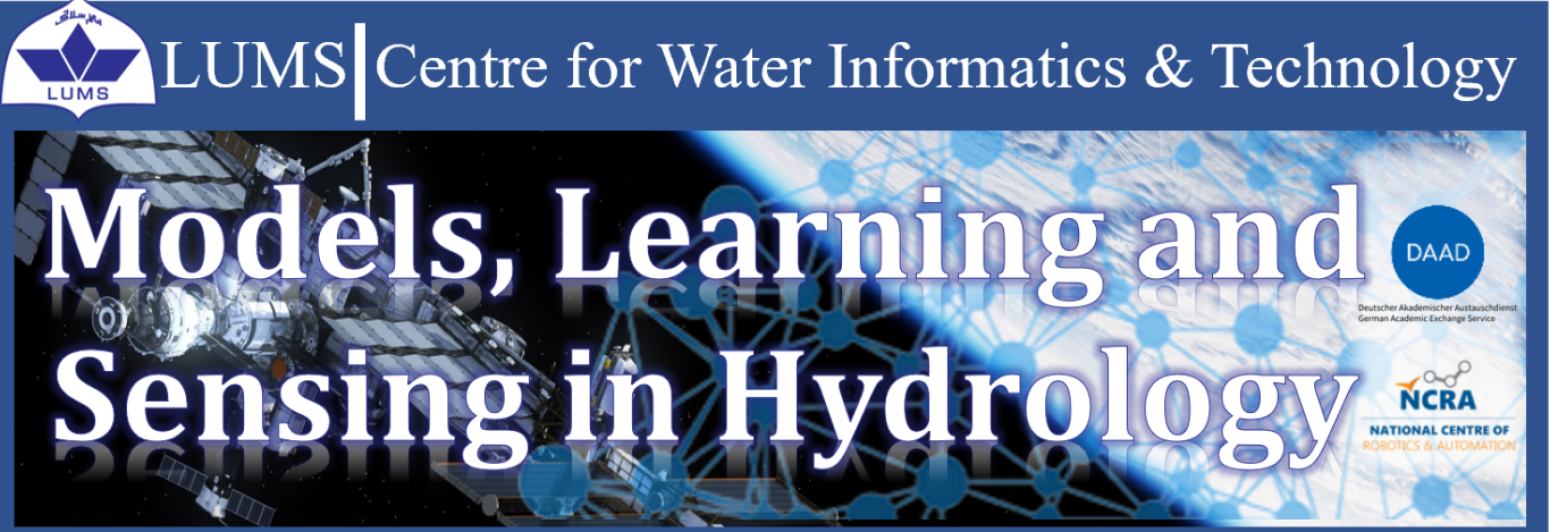
to
Speaker: Dr. Ritvik Sahajpal,
Associate Research Professor, Dept. of Geographical Sciences, University of Maryland.
Crop Condition Co-Lead, NASA Harvest.
Data Advisory Council member, Foundation for Food and Ag Research.
Moderator: Dr. Jawairia Ashfaq Ahmad, WIT
Details and registration: MLSH - Seminar Series 2022-23 | Center of Water Informatics and Technology (lums.edu.pk)
Abstract: Yield forecasting and estimation is key to almost all food security and agricultural analysis, including ensuring market transparency, trade decisions, triggering anticipatory actions in the face of impending shortfalls, informing farmer best practices, insurance payouts, designing effective adaptation, and mitigation strategies in the face of a warming climate. This talk will comprise of three parts, in the first part, I will introduce the GEOGLAM-NASA Harvest Crop Monitors that provide a public good of open, timely, science-driven information on crop conditions and are often used to inform humanitarian organization decisions on food allocation and assistance. In the second part of the talk, I will provide an overview of the current crop yield forecasting approaches, their strengths, and limitations and present our ongoing work on developing a crop threat early warning system that attributes pre-harvest losses to potential crop threats through estimating crop conditions by integrating machine learning algorithms and earth observation (EO) data. Finally, I will highlight attributes that are key to making a yield forecasting model useful in an operational context.
About the Speaker:
Dr. Ritvik Sahajpal is an Associate Research Professor at the Department of Geographical Sciences at the University of Maryland, crop condition co-lead at NASA Harvest, and a member of the data advisory council at Foundation for Food and Agriculture Research (FFAR). His research expertise is broadly related to using Earth observation data to monitor crop yields from field to global scales, modeling the impacts of conservative agriculture practices on soil health and crop yield, and mapping land-use and land-cover change and modeling their impacts on the carbon-climate system. Dr. Sahajpal uses both machine learning and data-driven agro-ecosystem modeling techniques in his work. His research has been funded by NASA, FFAR, USAID and published in journals like Nature, Environmental Research Letters, Geoscientific Model Development and Science of the Total Environment. Previously, he was a post-doc at the Forest and Wildlife Ecology Department at the University of Wisconsin-Madison, and finished his PhD in Geographical Sciences at the University of Maryland in 2014.
For details or queries, please contact Soban Hameed Saigol at soban.hameed@lums.edu.pk or 0332 4495057

